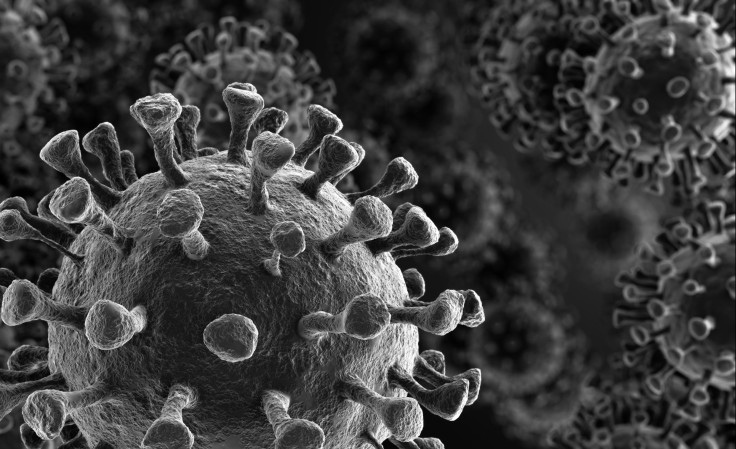
A new report indicates that COVID-19 may have a long-lasting effect on the patients as it has the potential to damage multiple organs, including the heart, lungs and the entire nervous system.
The reports are based on the observations of a team of scientists from the University of California. The researchers are now trying to understand whether the novel coronavirus has damaging effects on other organs such as the liver and kidneys.
The clinical professor emeritus of infectious diseases and vaccinology at the University of California, John Swartzberg, said that the initial model that the doctors followed for the treatment of COVID-19 patients was to treat it like a normal respiratory illness. However, it is much more complicated than that.
“I think one of the most unfortunate and interesting things about this virus is that its interaction with us is actually far more complicated than that.”
During an interview, Swartzberg said that researchers are not even sure whether they have fully identified all the long-term effects of the novel coronavirus or not. He further said that in only about six months since the SARS-CoV-2 virus emerged, it is not possible to say whether the effects are only chronic or long-term as well.
The researchers say that it is still not known why the novel coronavirus infection triggers potentially chronic health complications when other flu viruses such as common cold or influenza do not. There are a series of hypothesis, however, nothing has been proven as yet and the scientists are still trying to figure it out.
On reducing the risk of developing persistent complications due to coronavirus infection, Swartzberg has a piece of advice for everyone.
“Look at the risk factors that are modifiable. Age is not a modifiable risk factor. But diabetes, hypertension, and obesity are,” he said. “Anything that is causing chronic inflammation in the body. Smoking, including vaping, could all be under that framework.”
According to Swartzberg, it is nor pretty clear that COVID-19 has a damaging effect on the lungs, heart, as well as the nervous system and much of these damaging effects, can be attributed to the cytokine storm caused by the infection.
Damage to the kidneys has also been observed and it has been seen that the virus can also bind to the receptors on the liver. However, the incidence of significant liver disease in COVID-19 patients are yet to be observed. The SARS-CoV-2 has also been associated with abnormal clotting of blood in some patients.
© 2025 Latin Times. All rights reserved. Do not reproduce without permission.




